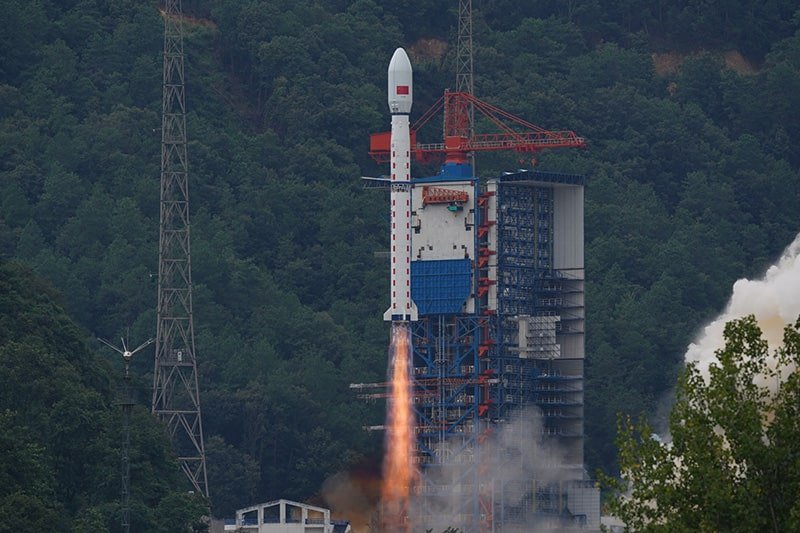Xichang (TDI): China successfully launched a new group of remote-sensing satellites into space on Wednesday using a Long March-2C carrier rocket.
The mission, conducted from the Xichang Satellite Launch Center in the southwestern province of Sichuan, took place at 9:09 a.m. (Beijing time).
The satellite group, named Yaogan-43 03, was deployed into its preset orbit as planned.
According to Chinese authorities, these satellites will primarily be used to conduct tests of new technologies related to low-Earth orbit constellations.
The successful launch signifies continued advancements in China’s space program, with this mission marking the 542nd flight of the Long March rocket series.
The Long March family of rockets has been pivotal in China’s growing space capabilities, playing a crucial role in a wide range of missions including satellite launches, space station support, and lunar exploration.
Also Read: China’s Geespace Launches Advance Satellites
China’s space program has been progressing steadily in recent years, with an increasing focus on enhancing its remote-sensing capabilities.
These technologies are key for various applications, such as Earth observation, resource management, and national security.
The Yaogan satellite series, in particular, is widely believed to contribute to China’s military reconnaissance efforts, although official statements often emphasize their civilian uses like disaster monitoring, environmental protection, and agricultural planning.
Also Read: China launches Shenzhou-18 crew to Tiangong Space Station
This latest launch further highlights China’s ambition to strengthen its position in space exploration and technology, as the country continues to develop its space infrastructure and capabilities.
Farkhund Yousafzai is an Associate Editor at The Diplomatic Insight.



